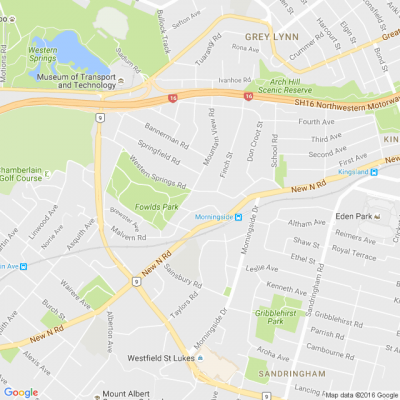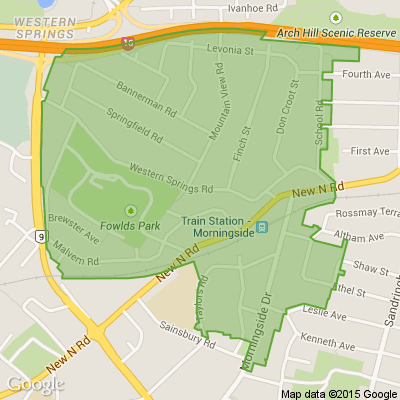Affordable beautiful linen
Step into a world of unrivaled craftsmanship and timeless sophistication. Our linens are meticulously hand-selected from the finest materials, ensuring the utmost quality, durability, and comfort. Each piece is a testament to the artistry of our artisans. Elevate every room with our stunning collection of linens, meticulously designed to complement any aesthetic. From sumptuous bedding to opulent bathrobes, our linens are the hallmark of refined taste. Experience the joy of transforming your living space into a sanctuary of splendor.
At George Street Linen we believe that true luxury lies in uniqueness. That's why we offer an exclusive range of designs, curated to reflect your individual style. Whether you prefer classic elegance, modern chic, or a blend of both, you'll find linens that resonate with your vision.
George Street Linen has fitted sheets, flat sheets, toppers, pillowcases, and bed sheets created with natural fibres like cool and crisp percale cotton and sophisticated hypoallergenic linen and bamboo linen. George Street Linen couples these premium materials with state-of-the-art technologies to produce timeless luxury pieces throughout your home.
George Street Linen’s textiles are made with 100% long-staple fibres, producing the strongest and finest bed linen, made to last with no pilling or shedding.
Poll: 🤖 What skills do you think give a CV the ultimate edge in a robot-filled workplace?
The Reserve Bank has shared some pretty blunt advice: there’s no such thing as a “safe” job anymore 🛟😑
Robots are stepping into repetitive roles in factories, plants and warehouses. AI is taking care of the admin tasks that once filled many mid-level office jobs.
We want to know: As the world evolves, what skills do you think give a CV the ultimate edge in a robot-filled workplace?
Want to read more? The Press has you covered!

-
52.5% Human-centred experience and communication
-
14.7% Critical thinking
-
30.1% Resilience and adaptability
-
2.7% Other - I will share below!
Share your favourite main crop potato recipe and win a copy of our mag!
Love potatoes? We will give away free copies of the May 2026 issue to readers whose potato recipes are used in our magazine. To be in the running, make sure you email your family's favourite way to enjoy potatoes: mailbox@nzgardener.co.nz, by March 1, 2026.

Some Choice News!
DOC is rolling out a new tool to help figure out what to tackle first when it comes to protecting our threatened species and the things putting them at risk.
Why does this matter? As Nikki Macdonald from The Post points out, we’re a country with around 4,400 threatened species. With limited time and funding, conservation has always meant making tough calls about what gets attention first.
For the first time, DOC has put real numbers around what it would take to do everything needed to properly safeguard our unique natural environment. The new BioInvest tool shows the scale of the challenge: 310,177 actions across 28,007 sites.
Now that we can see the full picture, it brings the big question into focus: how much do we, as Kiwis, truly value protecting nature — and what are we prepared to invest to make it happen?
We hope this brings a smile!










 Loading…
Loading…